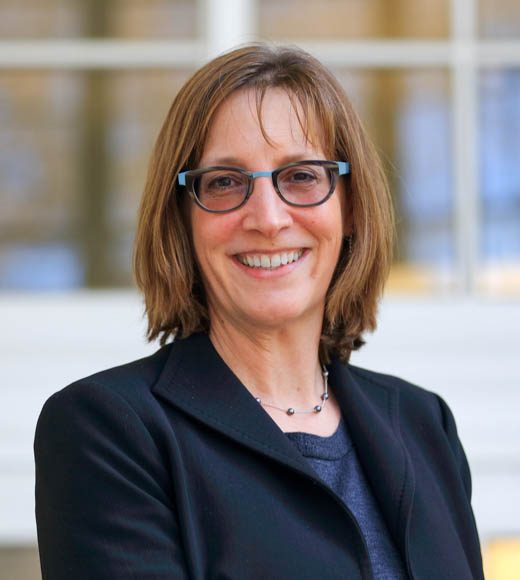Open Scholarship: A Decade of Progress

In July, I will retire from UC Davis, after more than a decade serving as University Librarian and Vice Provost of Digital Scholarship.
A significant focus of my tenure at UC Davis has been advancing free and open access to information — both research and, for our students, affordable course materials.
Leading the open access movement
The open access movement aims to put your research results into the hands of readers worldwide, for free — enabling scholars, policymakers and industry practitioners to leverage your findings, and advancing new breakthroughs that cite and build on your work.
The open access movement began in the ‘90s with the creation of the first preprint repository (arXiv) to allow researchers to share articles in advance of publication. In an era when publishing an article could take years, preprint repositories allowed research results to circulate faster while improving the quality of the final published article through informal feedback and peer review. Preprint repositories also allowed free article access to researchers around the world who did not have access to the published journals, helping to make research more equitable and inclusive while maximizing its global impact.
These benefits of open access align perfectly with the University of California’s mission and values as a public land-grant university, and UC became an early leader in the open access movement. The California Digital Library at the UC Office of the President launched its eScholarship repository in 2002, and by 2013 UC’s systemwide Academic Senate had adopted a policy requiring faculty-authored research articles to be deposited there.
As part of a public university system, the Faculty is dedicated to making its scholarship available to the people of California and the world.
—Open Access Policy for the Academic Senate of the University of California (adopted July 24, 2013)
In the decade since, UC faculty and librarians have worked side by side to make all of UC’s research freely available to the world. Informed by our 2015-16 research project Pay-It-Forward, the libraries began redirecting our budget for journal subscriptions to a new type of publisher contract that maintains UC’s access to journals while helping to pay author publication fees (the so-called Article Processing Charges or APCs) that make a published journal article free to read. Today, more than half of the articles published by UC authors are now eligible for these library subsidies, allowing authors to publish with open access at low or no cost in a wide range of journals.
Just a few years ago, when UC’s faculty and libraries took a stand together for open access and canceled our subscriptions to journals published by Elsevier, it was a shot heard around the world. That was UC’s first attempt to restructure a publisher agreement to support open access, and it has since become routine — just as we hoped it would.
Open access books
As we approach the 30th anniversary of the Subversive Proposal that marked a key turning point in moving research articles to open access, that transition is now beginning for scholarly books, as well. As part of the TOME initiative, the UC Davis Library partners with almost all the university presses to make scholarly books written by UC Davis faculty freely available to read, use in courses, etc. The library offers a significant subsidy to cover the open access book publication fee, once the book has been accepted for publication within the normal editorial review process. The library has supported 12 books so far and the faculty response to this initiative has been very positive.
Affordable course materials
I have also been a strong proponent of open educational resources (OER), which promise to reduce the cost of textbooks and other course materials for students. UC Davis has been a leader in OER for many years, beginning with the LibreTexts project that began more than a decade ago. With funding from LibreTexts, the library recently launched the AggieOpen program to work with faculty on creating more open access materials for their courses as an alternative to costly, commercially-published textbooks.
Open data in 2023 and beyond
Perhaps the most complex frontier is around open access to research data. More than a dozen federal funding agencies have declared 2023 the Year of Open Science and several — most notably the NIH — have begun to require researchers to make their research data publicly available. A recent memo from the White House Office of Science and Technology Policy requires all federal funding agencies to develop policies for open access to both articles and data resulting from research grants.
As this trend continues to grow in scope and importance, the library is working closely with the Office of Research and the schools and colleges to support you in navigating these new requirements. Whether you have questions about data management, your options for storing and sharing data, or compliance with data-sharing requirements of federal grants, we are here to help you find the answer.
As the saying goes, “How does change happen? Gradually at first, then all at once.” That definitely applies to open access; new, more open ways of doing research; and development of affordable course materials. It has been a great privilege to help shepherd open access at UC Davis. Thank you all for your commitment to sharing your research and delivering on UC Davis’ promise to Fiat Lux.